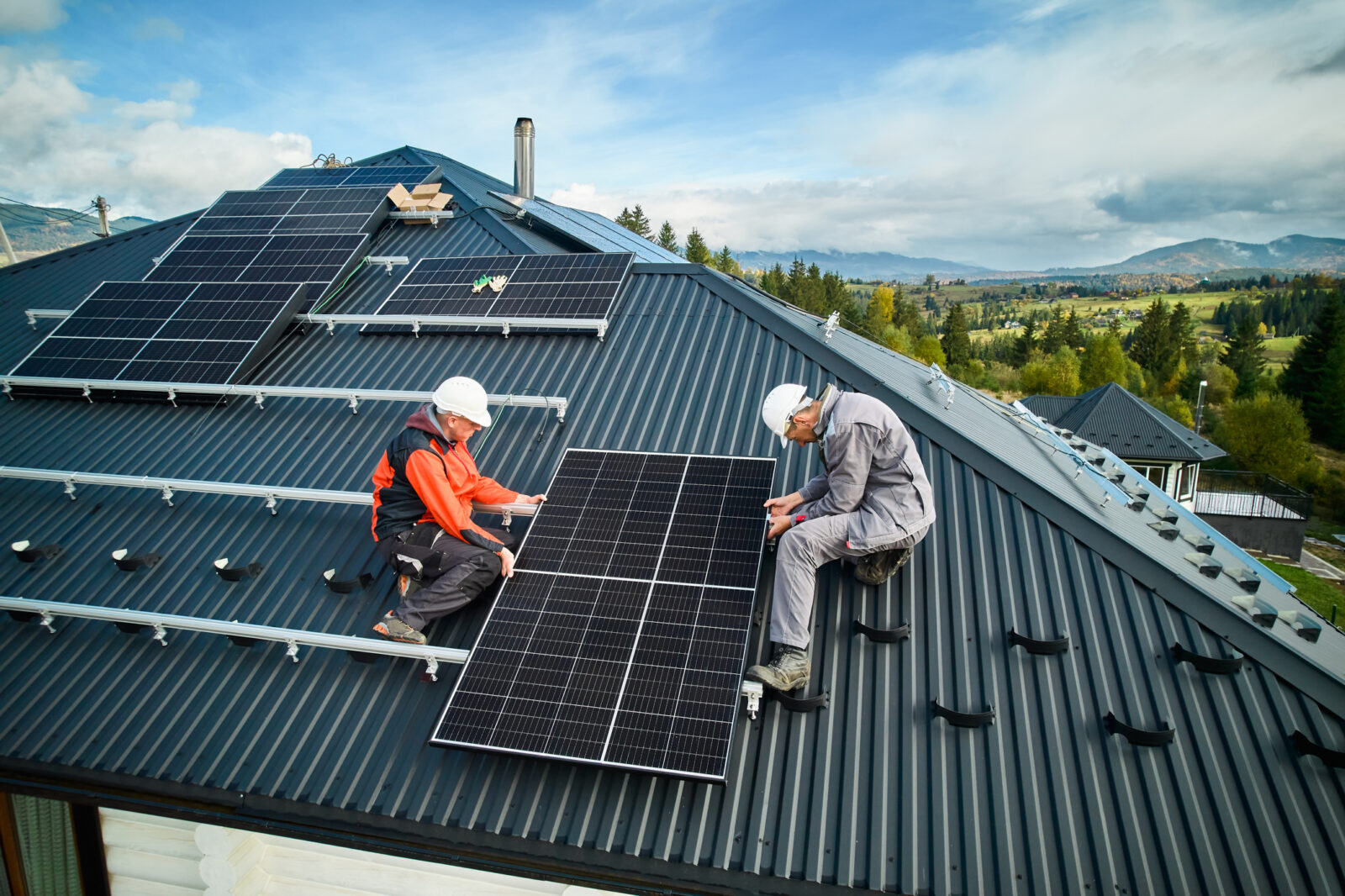This blog was originally published in the Toronto Star.
This may not be what you expect to hear from someone who spends their days working for improved domestic climate change policy: the biggest drivers of Canadian climate policy in 2024 and beyond won’t come from Ottawa, but from Washington and Brussels.
That’s right: with the United States and the European Union setting the pace with two major policy initiatives, Canada has no choice but to keep up. And in both cases, Canada already has a response at hand: robust industrial carbon pricing.
The first of these policies, the 2022 U.S. Inflation Reduction Act, is a monumental piece of legislation that’s supercharging the clean economy and cutting climate pollution south of the border. Alongside two other bills that passed with bipartisan support (the Bipartisan Infrastructure Deal and the CHIPS and Science Act), it’s reorienting the North American economy in fundamental ways.
The U.S. has seen $225 billion in clean growth investment over the past year, according to the Clean Investment Monitor, which tracks these developments in detail. That represents a huge increase—up 38 per cent from the previous year— and includes tangible investments in every corner of the country to support things like clean energy manufacturing and deployment, electric vehicle uptake and supply chains, building electrification, and more.
This transformation in the industrial strategy of our largest trading partner matters a great deal for Canada’s future prosperity — the Business Council of Canada calling it a “game-changer” and a “tectonic shift.” It piles onto a broader global trend that has seen exponential growth in clean sectors worldwide. In China, investment in clean energy sectors was almost as large as total global investments in fossil fuel supply last year, making clean energy the largest driver in the country’s economic growth in 2023.
The second development shaping Canada’s economic prospects is the arrival of carbon border adjustments in Europe. Carbon border adjustments are basically tariffs on imported goods that don’t price-in the cost of their climate pollution through a carbon price.
The European Union began phasing in its carbon tariff last October, and will eventually apply the carbon price that domestic manufacturers already face to imported goods coming from places like Canada—unless they have an equivalent carbon price in their home country. The United Kingdom is also poised to follow suit with its own carbon border adjustment by 2027.
There’s even a growing chance that America implements something similar. In the U.S., there have already been four pieces of legislation related to carbon border adjustments put forward for lawmakers to consider. Betting Canada’s prosperity on none of these proposals coming into law is a remarkably risky prospect.
The U.S. is Canada’s largest trading partner, and the European Union and the U.K. its second and third respectively. Maintaining and strengthening Canada’s industrial carbon pricing system to align with these announcements is an absolute necessity for Canadian competitiveness.
Industrial carbon pricing supports competitiveness on three fronts. First, if designed well, it means lower-polluting firms can generate and sell credits, allowing them to compete with the U.S. Second, it can keep carbon tariffs off our exports to our largest trading partners. And third, it has been designed to create incentives for more heavily polluting firms to reduce emissions without undermining their competitiveness.
Taken together, these developments make abundantly clear that for Canada, good climate policy is good economic policy. This is especially true for our large, export-oriented industries. The economic case for keeping in place strong policies like industrial carbon pricing and other smart regulations, as well as targeted incentives to spur the clean transition here at home, has never been stronger.
Significantly, even given the volatile political winds blowing this year, carbon border adjustments in Europe and the U.K. have significant support from conservative parties. And the U.S. Inflation Reduction Act is unlikely to be dismantled even if the Republicans prevail in the November election.
Here’s the bottom line: the die is cast on the global clean energy transition. Momentum is building and business is demanding access to clean electricity and clean supply chains as a must-have for investment.
Canada lets itself fall behind at its peril.








